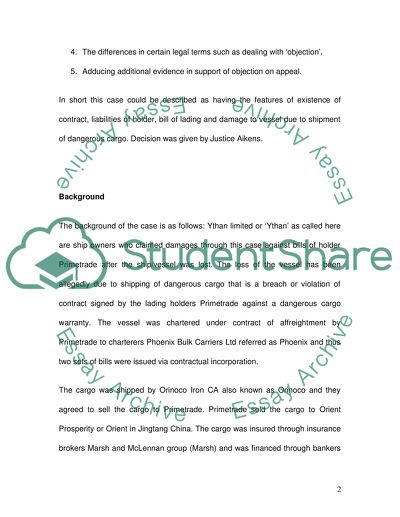Cite this document
(Analysis of International Trade Case Study Example | Topics and Well Written Essays - 3750 words, n.d.)
Analysis of International Trade Case Study Example | Topics and Well Written Essays - 3750 words. Retrieved from https://studentshare.org/law/1511345-law-of-international-trade-essay
Analysis of International Trade Case Study Example | Topics and Well Written Essays - 3750 words. Retrieved from https://studentshare.org/law/1511345-law-of-international-trade-essay
(Analysis of International Trade Case Study Example | Topics and Well Written Essays - 3750 Words)
Analysis of International Trade Case Study Example | Topics and Well Written Essays - 3750 Words. https://studentshare.org/law/1511345-law-of-international-trade-essay.
Analysis of International Trade Case Study Example | Topics and Well Written Essays - 3750 Words. https://studentshare.org/law/1511345-law-of-international-trade-essay.
“Analysis of International Trade Case Study Example | Topics and Well Written Essays - 3750 Words”, n.d. https://studentshare.org/law/1511345-law-of-international-trade-essay.


